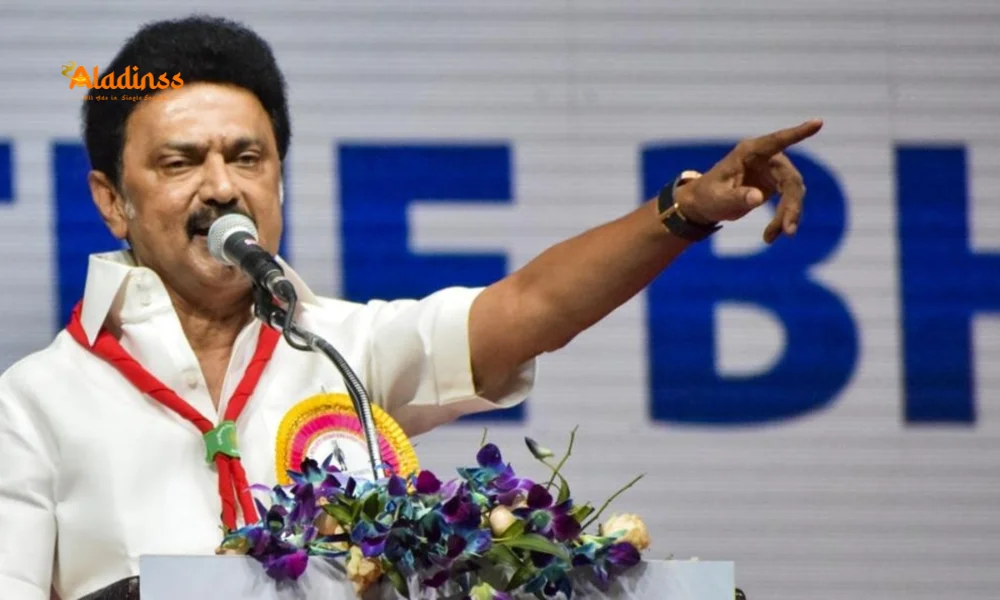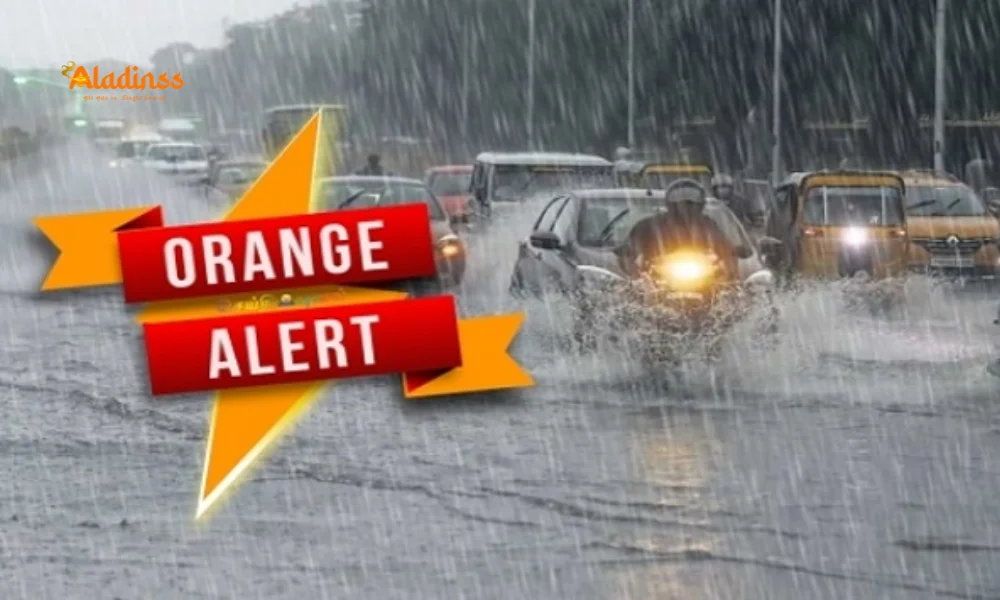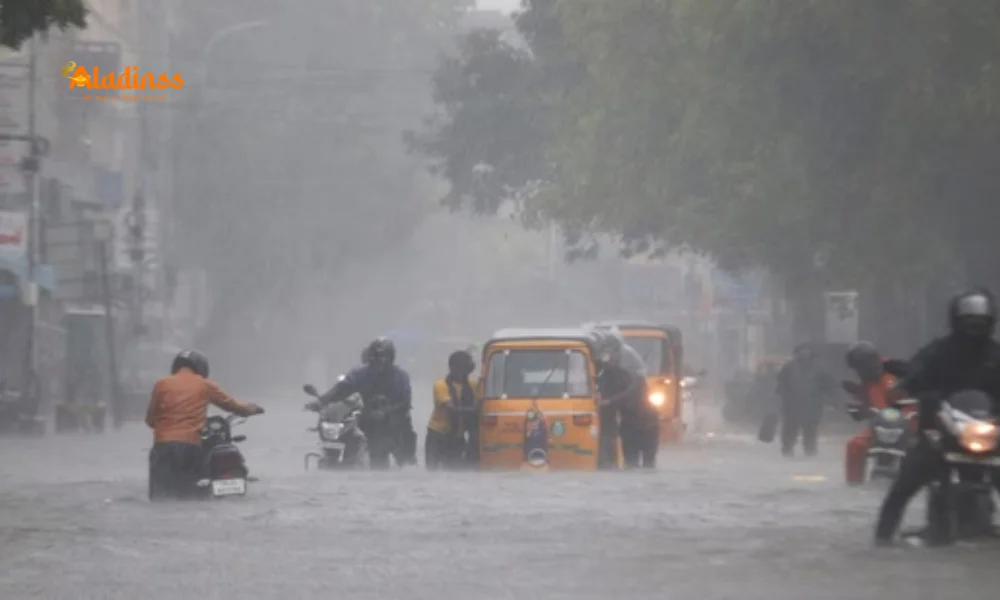Israel Committing Genocide in Gaza, Says IAGS Resolution
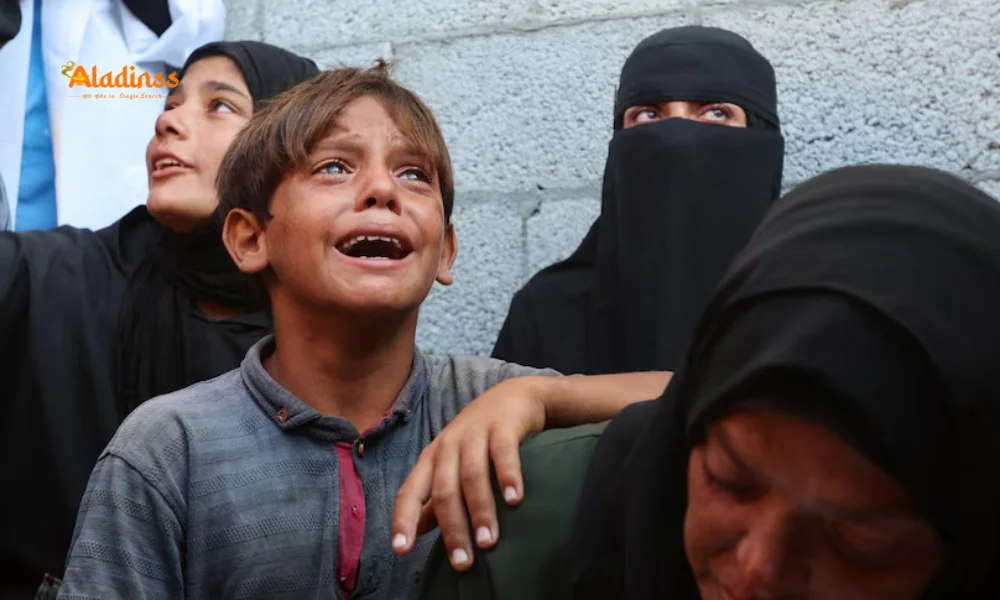
Israel Committing Genocide in Gaza, Says IAGS Resolution
The International Association of Genocide Scholars (IAGS), the world’s leading professional body of genocide experts, has declared that Israel’s actions in the Gaza Strip meet the legal criteria for genocide as defined by the 1948 United Nations Genocide Convention. In a landmark resolution passed on September 1, 2025, the IAGS stated that Israel’s military operations and policies in Gaza constitute not only genocide but also war crimes and crimes against humanity. This statement has intensified global scrutiny of the ongoing conflict, which has claimed over 63,000 lives since October 2023, according to Gaza’s health ministry. The resolution has sparked significant controversy, with Israel dismissing the claims as “Hamas propaganda” and an “embarrassment to the legal profession.”
Details of the IAGS Resolution
The IAGS, founded in 1994 and comprising 500 members, including Holocaust scholars, passed its resolution with overwhelming support. Of the 28% of members who participated in the vote, 86% endorsed the three-page document, which meticulously outlines Israel’s actions over the past 22 months of the Gaza conflict. The resolution cites the 1948 UN Genocide Convention, which defines genocide as acts committed “with intent to destroy, in whole or in part, a national, ethnical, racial, or religious group.” Specific acts listed include deliberate attacks on civilians, including children, starvation policies, deprivation of humanitarian aid, water, fuel, and other essentials, sexual and reproductive violence, and forced displacement of Gaza’s population.
The resolution also acknowledges the Hamas-led attack on October 7, 2023, which killed approximately 1,200 people and resulted in 251 hostages, as constituting international crimes. However, it emphasizes that Israel’s response has disproportionately targeted Gaza’s entire Palestinian population, rather than solely Hamas operatives. The IAGS points to the destruction of civilian infrastructure, including hospitals, schools, and homes, as evidence of genocidal intent. Additionally, the resolution highlights statements from Israeli leaders advocating for the expulsion of Palestinians from Gaza, further supporting the genocide claim.
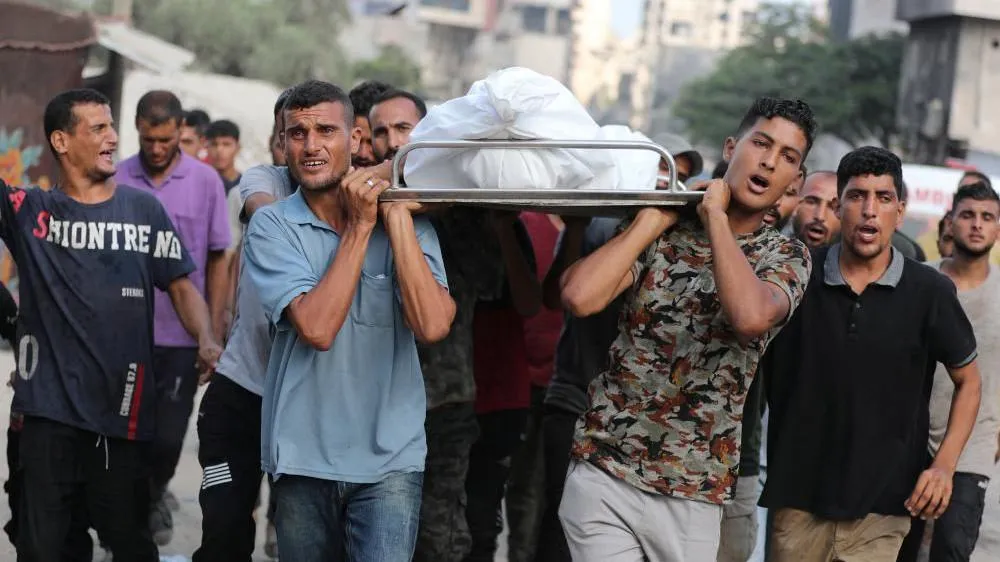
Humanitarian Crisis in Gaza
The scale of the humanitarian crisis in Gaza is staggering. According to the Hamas-run Gaza health ministry, 63,557 people have been killed and 160,660 injured since the conflict escalated in October 2023. Among the casualties, UNICEF reports that 50,000 children have either been killed or injured, a figure that underscores the devastating impact on Gaza’s youngest residents. The UN-backed Integrated Food Security Phase Classification (IPC) has confirmed famine conditions in parts of Gaza, attributing the crisis to Israel’s restrictions on food, water, and humanitarian aid. These conditions have led to widespread malnutrition, with 348 deaths attributed to starvation and malnutrition, according to Gaza health officials.
The IAGS resolution notes that Israel, as the occupying power, bears responsibility for protecting civilian lives under international law. However, the widespread destruction of Gaza’s infrastructure—over 90% of housing units, all universities, and most hospitals and cultural institutions—has created conditions that the IAGS argues are calculated to bring about the physical destruction of the Palestinian population. The forced displacement of nearly 2.3 million Palestinians, many of whom have been uprooted multiple times, further compounds the crisis.
Israel’s Response and International Legal Context
Israel has vehemently rejected the IAGS resolution, with the Israeli Foreign Ministry labeling it as “disgraceful” and “entirely based on Hamas’ campaign of lies.” The ministry argued that Israel is the victim of genocide, pointing to the October 7 attack as justification for its military operations. Israel maintains that its actions are a legitimate exercise of self-defense, targeting Hamas militants responsible for the initial attack. The country is currently defending itself against a genocide case filed by South Africa at the International Court of Justice (ICJ) in December 2023, with a ruling still pending as Israel has been granted an extension until January 2026 to present its defense.
The International Criminal Court (ICC) has also issued arrest warrants for Israeli Prime Minister Benjamin Netanyahu and former Defense Minister Yoav Gallant for alleged war crimes and crimes against humanity. These legal proceedings, combined with the IAGS resolution, have amplified international pressure on Israel to address the humanitarian crisis in Gaza. However, Israel has accused the ICJ case of being motivated by antisemitism, referring to it as a “blood libel” and dismissing the ICC’s actions as politically driven.
Support from Other Organizations
The IAGS resolution aligns with statements from other prominent organizations. In July 2025, two Israeli human rights groups, B’Tselem and Physicians for Human Rights-Israel, declared that Israel’s actions in Gaza constitute genocide. Additionally, a UN Special Rapporteur on human rights in the occupied Palestinian territories, Francesca Albanese, reported in March 2024 that there are “reasonable grounds” to believe Israel is committing genocide. These findings were echoed by hundreds of UN staff who urged the Office of the High Commissioner for Human Rights to explicitly describe the Gaza situation as an unfolding genocide.
The Hamas-run Gaza government media office welcomed the IAGS resolution, with director Ismail Al-Thawabta stating that it “reinforces the documented evidence and facts presented before international courts.” He emphasized that the resolution imposes a “legal and moral obligation” on the international community to act urgently to stop the violence, protect civilians, and hold accountable those responsible for the alleged crimes.
Historical Context of the IAGS
Founded in 1994, the IAGS is the largest academic organization dedicated to genocide studies, publishing a journal and hosting international conferences. Since its inception, it has passed nine resolutions recognizing historical and ongoing genocides, including those in Bosnia, Rwanda, Armenia, and Myanmar. The Gaza resolution marks a significant moment in the organization’s history, as it addresses a highly contentious and ongoing conflict. The IAGS’s credibility is bolstered by its inclusion of Holocaust experts, lending weight to its assessment of the Gaza situation.
The resolution’s passage has been described as a “mainstream” academic assessment by Sergey Vasiliev, a professor of international law at the Open University in the Netherlands. He noted that the IAGS’s findings reflect a growing consensus within genocide studies that Israel’s actions meet the legal threshold for genocide. This perspective is further supported by reports from international human rights organizations like Amnesty International, Human Rights Watch, and Médecins Sans Frontières, which have also accused Israel of genocidal acts.
Implications for International Policy
The IAGS resolution has significant implications for international policy and diplomacy. By formally declaring Israel’s actions as genocide, the organization places pressure on UN member states to fulfill their obligations under the 1948 Genocide Convention, which mandates action to prevent and stop genocide. Some countries, including Germany, have already responded by suspending Gaza-related arms sales to Israel, citing concerns over the humanitarian crisis. However, major powers like the United States continue to provide military support to Israel, complicating efforts to enforce a ceasefire.
The resolution also adds to the growing chorus of voices calling for accountability, including from within Israel itself. The statements from B’Tselem and Physicians for Human Rights-Israel highlight a domestic acknowledgment of the severity of the situation, challenging the Israeli government’s narrative. As the ICJ and ICC proceedings continue, the IAGS resolution may influence public opinion and legal arguments, potentially shaping the outcome of these cases.
Ongoing Challenges in Gaza
The situation in Gaza remains dire, with ongoing military operations and a worsening humanitarian crisis. The UN and other organizations have called for an immediate ceasefire, but diplomatic efforts have been stymied by geopolitical divisions. Israel’s control over Gaza’s border crossings has restricted the flow of aid, exacerbating famine conditions and limiting access to medical care. The destruction of healthcare facilities and educational institutions has further eroded the prospects for recovery, leaving millions in desperate need of assistance.
As the conflict approaches its second year, the international community faces increasing pressure to address the crisis. The IAGS resolution serves as a clarion call for action, urging global leaders to prioritize civilian protection and accountability. The coming months will be critical in determining whether the resolution’s findings lead to tangible changes in policy or further entrench the ongoing stalemate.
Comment / Reply From
No comments yet. Be the first to comment!
